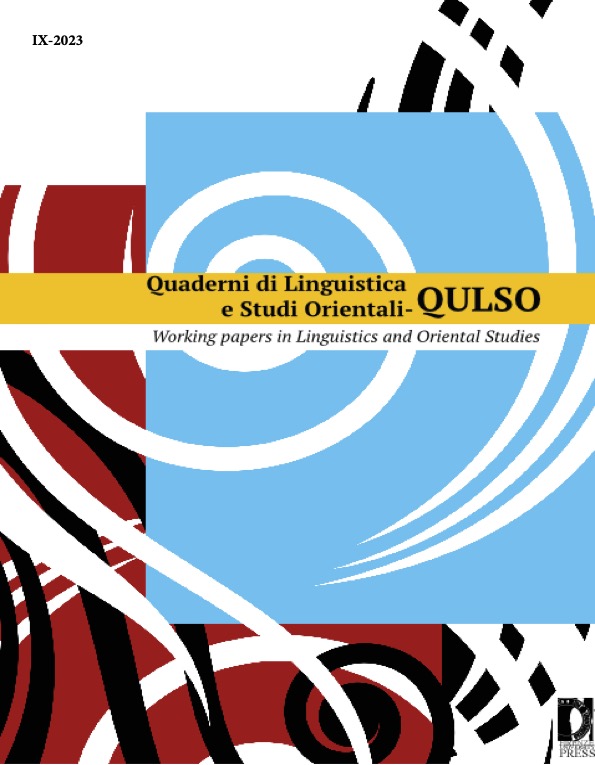Published 2023-09-30
Keywords
- D-Linking,
- Featural Relativized Minimality,
- Intervention,
- Partitives,
- Wh-Islands
How to Cite
Copyright (c) 2023 Cristiano Chesi, Veronica Bressan, Adriana Belletti

This work is licensed under a Creative Commons Attribution 4.0 International License.
Abstract
The major contrast discussed in the literature to show an obviation of the wh-island effect often involves a bare wh- element in the role of the intervener (e.g. who) and a “complex” wh-phrase (e.g. which book) in the role of the moved item. This contrast is not minimal, since it is not sufficient to disentangle the role of D-linking (Pesetsky 1987) from that of the so-called “lexical restriction” (Friedmann, Belletti, and Rizzi 2009). In this work we try to fill this gap by contrasting, in an argumental wh- island configuration (e.g. “… [who read …]”), which NP vs. what NP both in English and in Italian (e.g. which/what book and quale/che libro). We argue that while both wh- phrases can be genuinely considered “lexically restricted”, the first, and not the second, has properties that make it allegedly D-linked (i.e. a canonical partitive interpretation is available). Our acceptability studies show that (in both languages) no significant difference is revealed in the scores attributed to the two extracted wh-phrases and no significant variance (e.g. indicating a binomial distribution) is observed in the condition what NP. The first result indicates that the “D-linking” hypothesis as an independent source of amelioration is inadequate; the second result suggests that also the hypothesis that the condition what/che NP might be ambiguous between a D-linked and a non-D-linked reading is unlikely.

